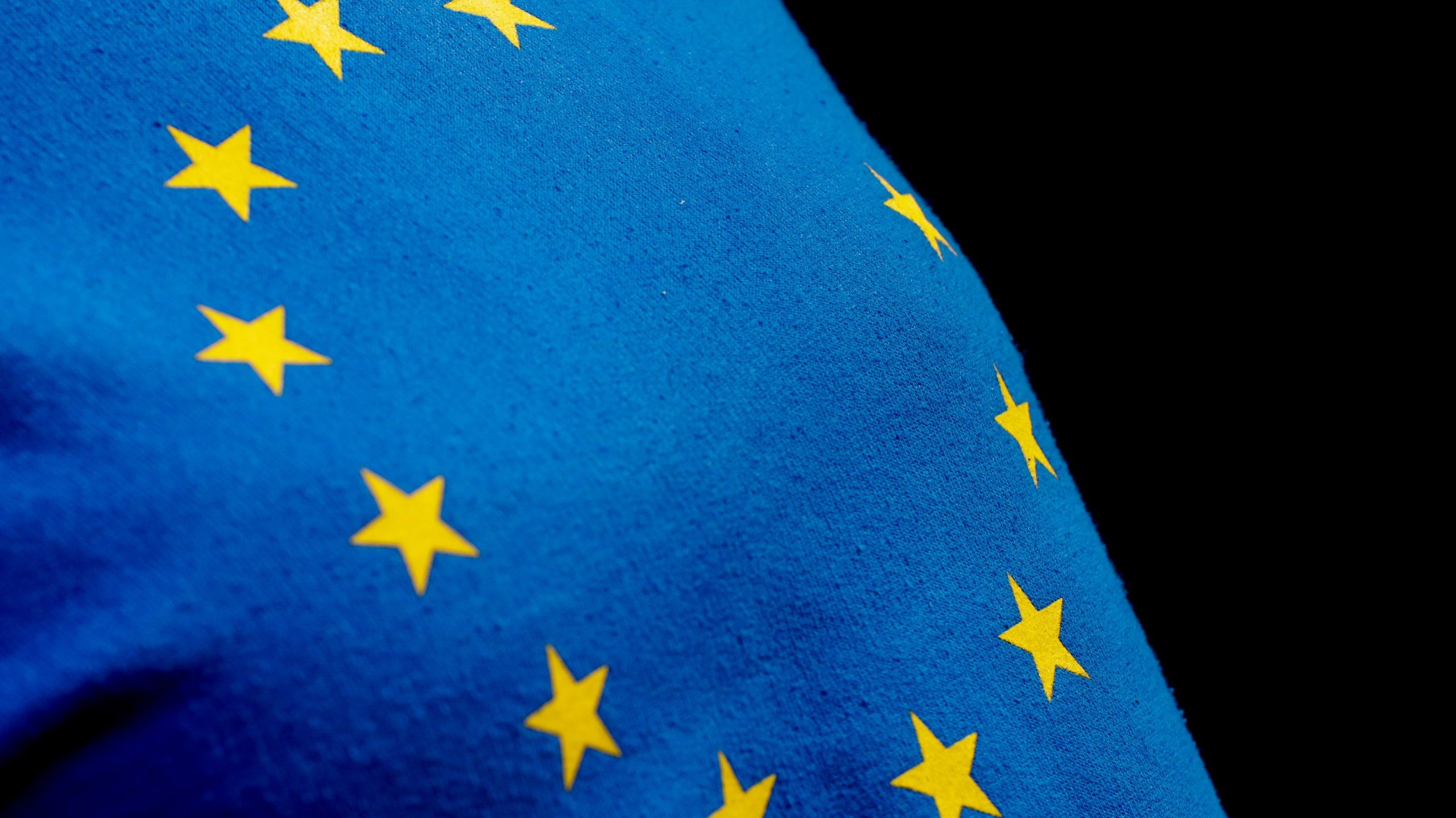The European Commission approved Portugal’s request to temporarily exceed the minimums provided for in European ISP rules for a reduction in the tax burden on fuel, with final approval in the EU expected later this month.
The information was provided to the Lusa agency by European sources, who explained that the request was made by the Portuguese executive to the European Commission last April, which allowed it to accommodate measures such as the reduction of the Tax on Petroleum Products (ISP) equivalent to that which would result from a decrease of 10 percentage points (from 23% to 13%) in the VAT rate on fuel.
In addition to Portugal, Brussels approved a similar request made by Sweden and “the advice [da UE] should make these decisions before the end of September.”according to the same sources, and it is then up to the structure in which the Member States are represented to have the last word in the process.
According to the decision of the community executive on the Portuguese request, dated August 22 and to which Lusa has had access today, “Portugal is authorized to apply reduced rates of excise duty to diesel and unleaded gasoline used as fuel, below the minimum levels of taxation” provided for in this directive, and the institution then proposes that the Council of the EU approve such a measure.
The reasoning that accompanies the decision says that “the requested period of validity is until December 31, 2022, that is, within the maximum period allowed.”
According to the Portuguese authorities, the objective of the measure is to mitigate the high retail prices of fuels associated with fuel consumption, derived from the current geopolitical evolution and which directly affect both households and companies.
Reporting on the contacts between Lisbon and Brussels in recent months to obtain “additional information” on the derogation request, the explanatory part of the proposal indicates that, “with regard to energy prices and their evolution, according to data provided by the Portuguese authorities, since the beginning of the year, prices – before taxes – have increased substantially for diesel and for the most consumed type of unleaded gasoline (gasoline 95)”.
“According to the Portuguese authorities, excise taxes appear to be the only price component where it is possible to intervene to reduce retail prices in the short term and therefore, in his opinion, the repeal is necessary to correct the current sharp rise in energy prices in Portugal”, adds the document.
The tax reduction is expected to “partially offset” the increase in energy costs, “not being cumulative with any other type of tax reduction,” according to the decision consulted by Lusa.
The Energy Taxation Directive makes it possible that, in addition to the reductions and exemptions already available to the Member States, the Council can authorize an EU country to introduce other exemptions or reductions that may go below the harmonized minimums, due to specific political considerations.
A Member State wishing to introduce it, must inform the Commission and provide all the necessary informationand then it is up to the community executive to examine the requests for exceptions in the light of the functioning of the internal market, the need to guarantee fair competition and the EU’s policies in the field of health, environment, energy and transport.
On the basis of this analysis, the European Commission may or may not present a proposal to authorize such a measure to the Council, whose structure must vote unanimously to grant the exception request.
In practice, if implemented, this authorization will allow Portugal to go beyond the minimum limit of the range to determine the ISP rate applicable to unleaded gasoline and diesel, in order to guarantee greater flexibility in the adoption of the rates. of this tax, taking into account the current context of uncertainty and volatility in the oil product markets.
Source: Observadora
